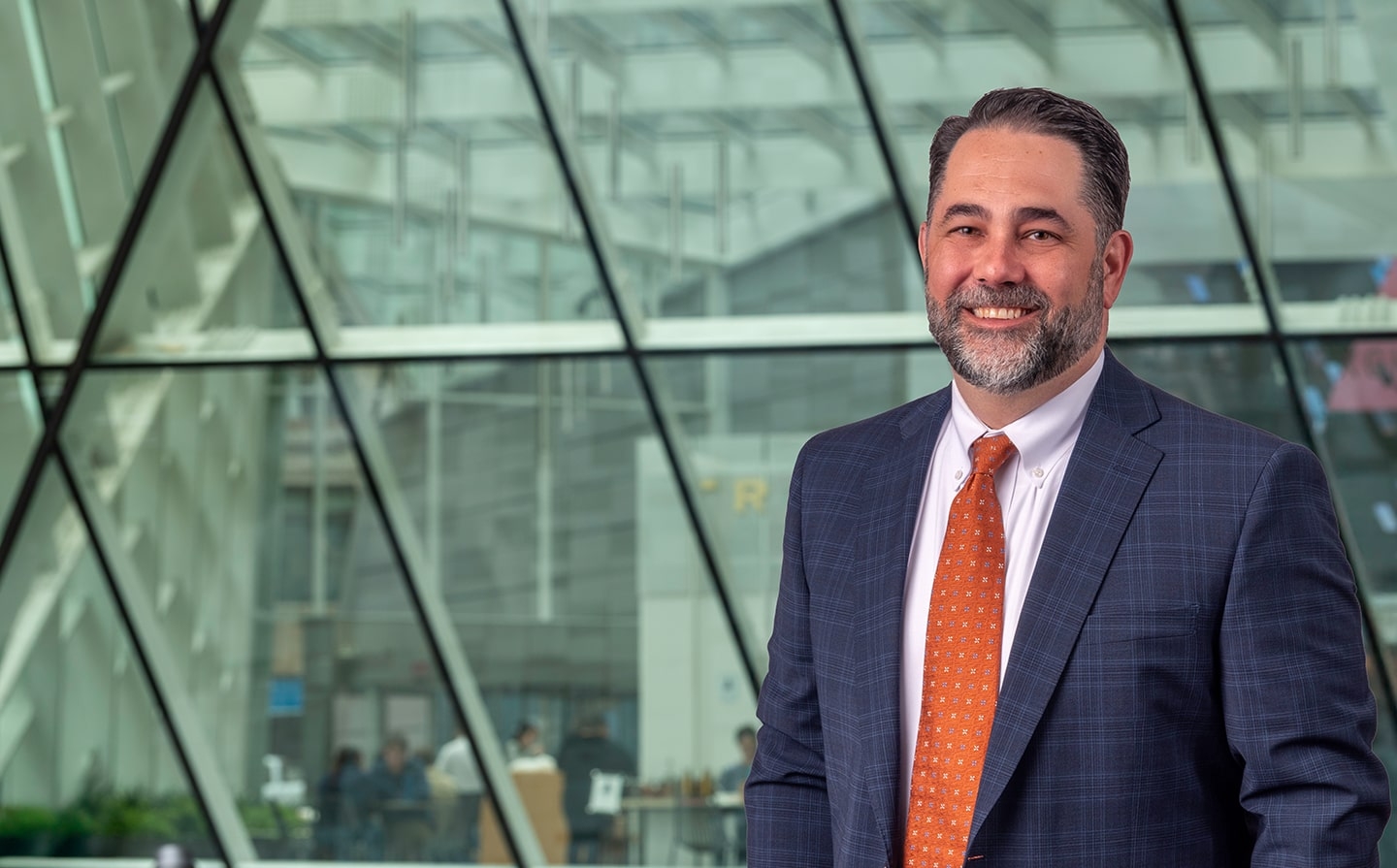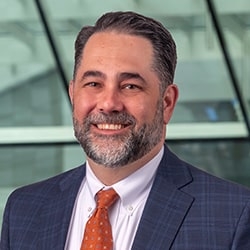Rich Cheslofska is a partner in the firm’s Boston based practice. His practice is primarily focused on professional malpractice, including defending physicians, nurses, physicians’ assistants and other health professionals, as well as health care institutions and medical specialty practice groups in medical malpractice actions. In addition to representing his clients in litigation, Rich also has significant experience representing medical professionals at various Boards of Registration on licensing, disciplinary and in other related matters. Prior to joining Adler Cohen, Rich was a partner in a Boston-based medical malpractice defense firm. He has been representing medical professionals and institutions since 2008.
Rich is admitted to practice in the Commonwealth of Massachusetts, in both state and federal courts.
Representative successful results obtained by Rich on behalf of his clients include the following:
Served as second chair on a multi-week jury trial in Hampden Superior Court, resulting in a defense verdict on behalf of an oral and maxillofacial surgeon. The plaintiff alleged that the Defendant failed to perform the agreed upon coronectomy but instead negligently performed a third molar extraction resulting in a jaw fracture requiring open reduction internal fixation as well as a resultant inferior alveolar nerve injury. The jury returned a verdict in favor of the Defendant in less than 3 hours.
Represented a medical specialty practice on a multi-week trial in Middlesex Superior Court, resulting in a defense verdict on behalf of the practice and its general surgeon employee. The plaintiff alleged that the employee surgeon negligently performed a bowel-resection, resulting in a post-operative complication and the delay of initiation of chemotherapy. The jury returned a verdict in favor of the Defendants in less than 2 hours.
Served as second chair on a multi-week trial in Essex Superior Court, resulting in a defense verdict on behalf of an attending general surgeon and a general surgery resident. The Plaintiff alleged that the attending and resident failed to timely recognize the signs and symptoms of a post-ERCP infection (performed by a different provider), resulting in the patient’s death. The jury returned a verdict in favor of the Defendants in less than one day of deliberation.
- Suffolk University Law School
J.D., 2003
- Stonehill College
B.A., 2000
- Massachusetts, 2003
- U.S. District Court (1st Circuit), 2008






